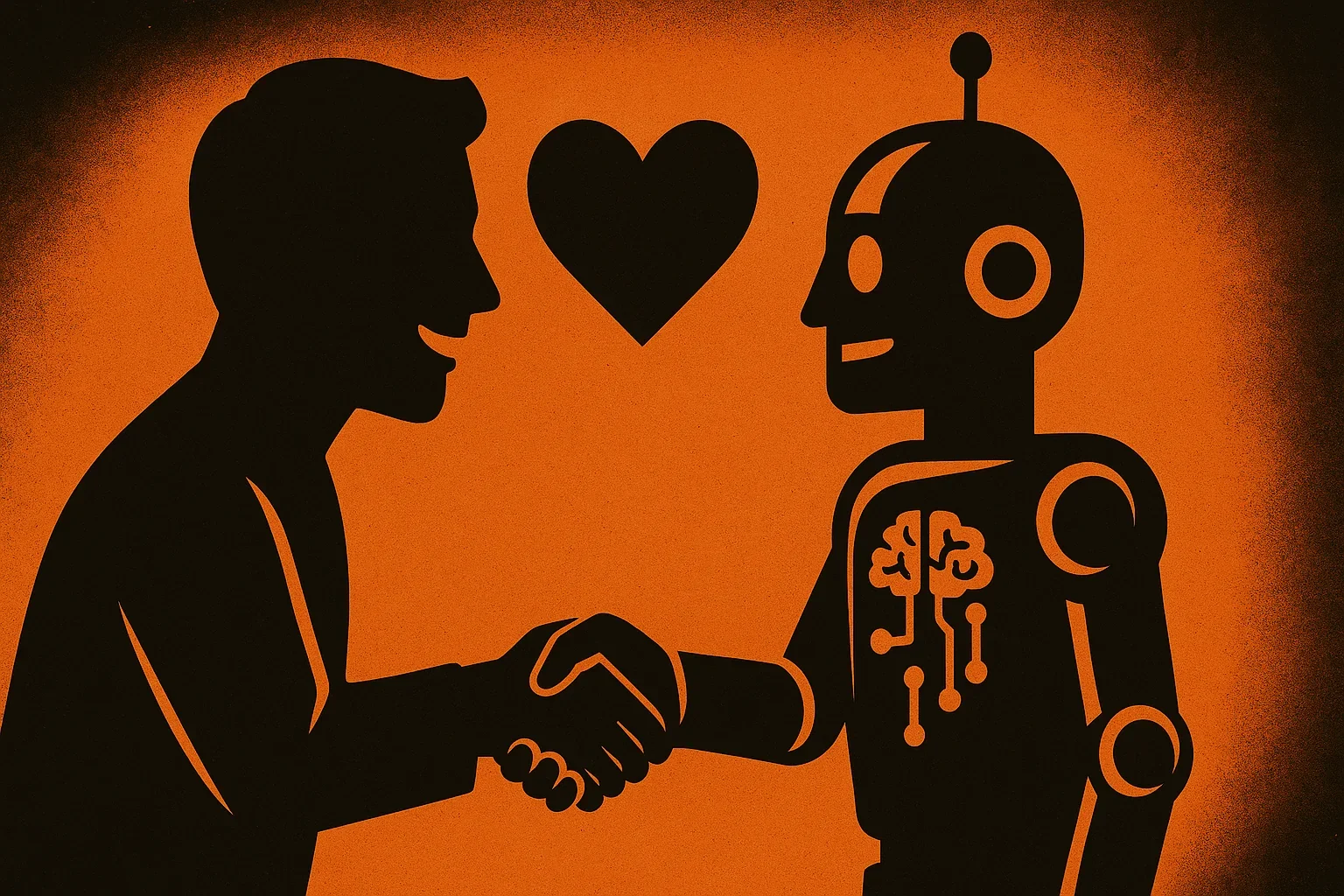AI is no longer a static computational tool; it has become an interactive being that understands, empathizes, and responds as if it were a "real friend." From chatbots to emotional apps that create virtual characters that share diaries and memories, the world is experiencing a new revolution that can be described as "artificial emotional intelligence."
Studies show that 12% of users of digital companionship apps use them to combat loneliness. However, researchers argue that these digital friendships may be nothing more than "psychological projection" - we give the algorithm our feelings, and then believe it is reciprocating our affection.
The "digital friend" becomes a temporary psychological refuge, but opens doors to serious ethical questions: Who owns your emotional data? Who profits from your loneliness? The "artificial emotional intelligence" market has reached more than $120 billion globally, while the number of users of companionable intelligence apps has exceeded 100 million in just one year.
The irony is that these apps, despite their apparent warmth, do not actually "feel" - they simulate emotions based on linguistic algorithms that recognize patterns of sadness or joy and respond with ready-made phrases: "I am here for you," "I understand you." Over time, the user forgets that they are just symbols to fill the void of loneliness.
Recent studies warn that "artificial empathy" can become a dangerous illusion, especially for teenagers and singles. Cases of emotional dependency and even suicide have been recorded due to wrong advice from chatbots. This is why some countries have started to introduce regulations limiting "machine humanization" in therapeutic applications.
Others argue that the technology can contribute positively if used properly. 30% of participants in one study claimed that their long conversations with AI bots helped them understand themselves better and improve their self-esteem.
But the biggest danger lies in dependency, as some begin to favor pain-free digital relationships over real human friendships. This is what can be described as "artificial intimacy"-easy emotional interaction, with no commitment and no depth.
In the near future, humans may live in constant daily interaction with a "personal intelligence" that accompanies them at work, at home, and in the virtual world. But the question remains: will this companionship enrich our humanity or reprogram our emotions to match those who have no feelings?
🟨 Conclusion
Friendship with AI is no longer science fiction, but a digital mirror in which we see ourselves - in safety, isolation, and the illusion of warmth from an algorithm that doesn't feel.
To view the video and read the full analytical paper, please scroll down.
Artificial Intelligence and Human Relationships: Can We Befriend a Machine?
In a time when we talk to algorithms about our feelings, who's left to talk to our hearts?

Comments